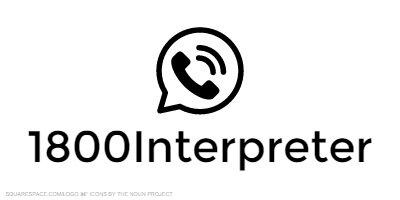CERTIFICATE OF COMPLETION Presented to
For the successful completion of the
National Center for Interpretation Testing, Research and Policy
The Legal Interpreter and the Civil Deposition
Online – April 14, 2016
With 3 Hours of Instruction
Florida – 3.3 CIE Credits, CEAA #15-0098
Abstract from http://nci.arizona.edu/civil_deposition
"A deposition is typically in the realm of civil law. It might seem to be less stressful for the legal interpreter, since it is not in open court and there is no judge or jury. Civil depositions, however, are often far from being less stressful, and they can be quite challenging for the interpreter. The subject matter is often controversial and emotionally fraught: a car accident, a slip and fall, medical malpractice, divorce matters, financial disputes, investment issues, accounting disagreements, conflicts in maritime law, contractual disputes, copyright infringements and so on.
Adding to these emotional complications is another factor: some lawyers have a bare colloquial or even an anecdotal knowledge of a given language, and they are always ready to challenge an interpretation rendered by a professional. This can happen particularly when the interpretation is something different from what was expected by the attorney, or when counsel thinks he/she is losing the case, thus he/she has to resort to whatever may help him/her, in their belief. What’s the interpreter to do when this situation arises, which some have called a case of “let’s use the interpreter for target practice”?
In this workshop we will review and discuss:
- Real-life scenarios and case studies
- Keeping your cool when emotions runs high
- Typical civil deposition scenarios (such as personal injury, vehicular accident, contractual disputes, medical malpractice and actions for damages)
- Boilerplate attorney language translated into Spanish
- Specialized bilingual vocabulary
- How to handle spurious objections to language interpretations from attorneys
- Managing telephonic appearances"
-



